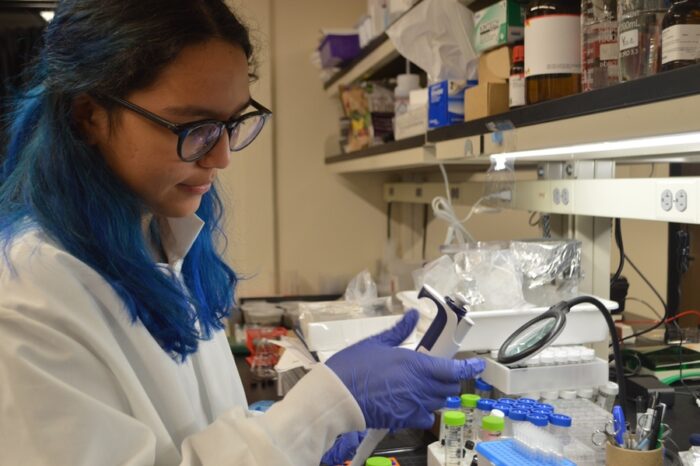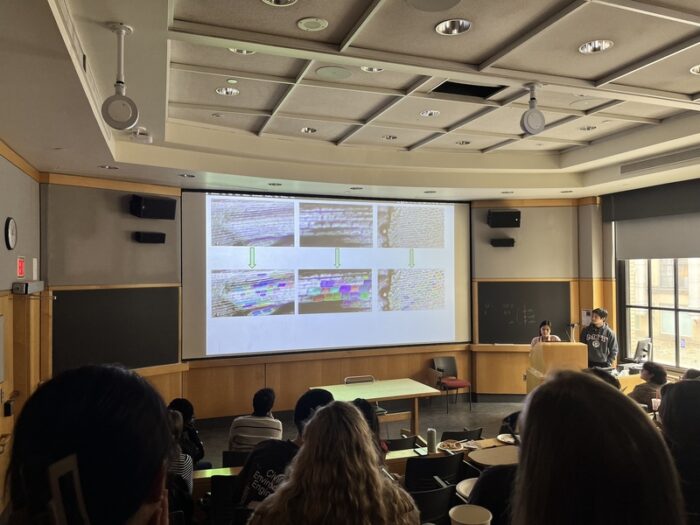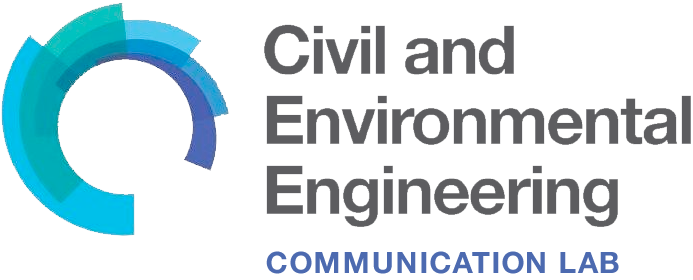The following is a modified excerpt from the MIT News article, “First-year MIT students gain hands-on research experience in supportive peer community” by Callie Ayoub.
During MIT’s Independent Activities Period (IAP) this January, first-year students interested in civil and environmental engineering (CEE) participated in a four-week undergraduate research opportunities program known as the mini-UROP (1.097). The six-unit subject pairs first-year students with a CEE graduate student or postdoc mentor, providing them with an inside look at the research being conducted in the department. The program culminates with a presentation event open to the entire CEE community.
Overall, eight labs in the department opened their doors to the 2024 cohort, who were eager to take advantage of the opportunity to collaborate with current students and build a community around their interests. The interdisciplinary nature of the department’s research offered participants a wide range of projects to work on, from redefining autonomous vehicle deployment to mitigating the effects of drought on crops.

Mini-UROP participant Iraira Rivera Rojas works in the Marelli Lab in CEE.
Throughout the duration of the mini-UROP, participants attended three workshops led by Jared Berezin, the manager of the Civil and Environmental Engineering Communication Lab (CEE Comm Lab). The communication lab is a free resource to undergraduates, graduates, and postdocs in the CEE community, providing one-on-one coaching and interactive workshops. Held on Fridays during IAP, the workshops focused on visual and oral communication strategies to help students contextualize their projects, explain scientific concepts, describe their methodologies, and present their results.
“Students were fortunate to have research mentors in the lab, and my goal was to provide communication mentorship outside of the lab,” says Berezin. “Our weekly workshops focused on scientific communication strategies, but perhaps more importantly I’d prompt them to talk about their projects, ask questions, and brainstorm together. They really embraced the opportunity to foster a supportive peer community, which I think is a core part of the CEE experience.”

Mini-UROP participants present their research to fellow students, staff, and faculty.
A significant challenge students face while completing the program is condensing their research down to a clear and concise two-minute presentation. To assist with this task, the workshops also featured presentations by CEE Communication Fellows Ignacio Arzuaga and Matthew Goss, providing students with a preview of how their own presentations may take shape. Before the final presentation event, students also had the option to meet with Comm Fellows to receive feedback, rehearse their talks, and practice responding to questions about their work.
“The final talks were impressive, and I was proud of the students for approaching both their research and communication challenges with such curiosity and thoughtfulness,” Berezin remarks.
To learn more about the experiences of students and mentors during the 2024 mini-UROP, you can read the full MIT News article.
Additional reading
Check out the full collection of free CommKit Resources created by the MIT CEE Comm Lab team.
